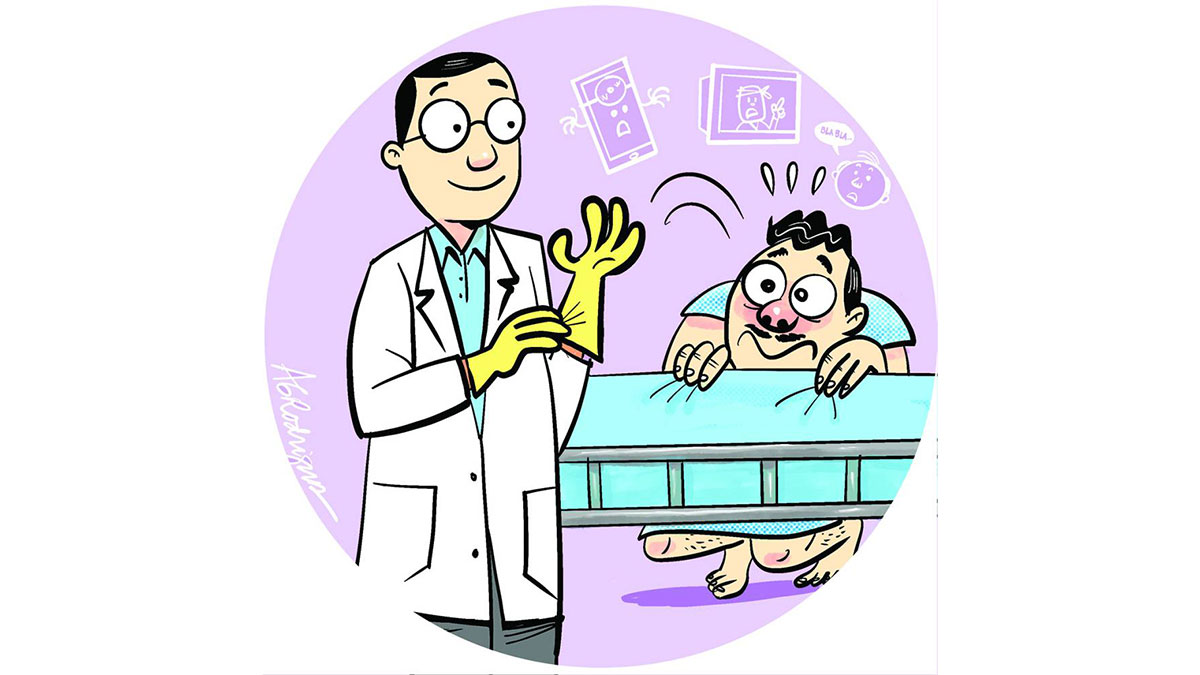Do you need to follow some rules and be strict with your diet to manage your weight? Some of these rules may include skipping breakfast and eating only once or twice a day, eliminating food nutrients like carbs, or lessening your intake to 1,200 calories.
Through the years, I have also tried several diets, not really for weight loss, but for me to observe the effects on my body, moods, and energy level to share the experience with others. I’ve tried vegan eating for one year right after watching the documentary film What the Health, on Netflix which made me feel good at the start but didn’t feel like a balanced diet anymore after a year. I also tried intermittent fasting, but it only lasted a day. I tried a low-carb diet, but I couldn’t function well with my work and activities physically and mentally.
Based on my personal experience, research, and experiences with my clients, I’ve come up with numerous learnings:
- Weight and health management is not an easy process. Even if you are trying to maintain your weight, you still need to exert the consistent efforts you used during your weight loss journey.
- To develop the best diet, you need time to observe and know what strategies and plans are best for you, based on your unique needs and based on effective and safe eating principles backed up by science and long-term studies.
- To lose weight long-term, you need to follow a diet that you can sustain and respect your way of life, body type, and personality. This diet is something that you can live and embrace for the rest of your life. It considers not only the food choices but your eating principles as well. It should respect your individuality and uniqueness.
Now ask yourself if your eating plan is unique to your lifestyle, goals, health, body type, and food satisfaction.
Create an eating plan that is unique to your lifestyle and health goals
Avoid hormonal imbalance by focusing on balancing your lifestyle first (sleep and exercise) before thinking of ways to lose weight drastically. That’s why it is important to consult a health professional regarding what and how much macronutrients (carbohydrates, fat, and protein) your body needs to match your daily physical activities. You need to eat less if you move less and eat more if you move more but eat right, so you don’t gain weight.
Your unique eating plan should always consider the best meal timing plus the right type and amount of food quality based on your exercise and sleep schedule. If you do more cardio exercises like hiking or running during the day, increase your intake of the right type of carbs (whole grains like brown rice, oatmeal, or multi-grain bread) to maximize your performance.
If you want to build more muscles and you usually lift heavier weights, then eat the appropriate amount of healthy protein like mean meat, seafood, egg, chicken, nuts, and seeds.
I’ve dealt with people who struggled to lose the last 10 pounds for years because of skipping breakfast. When they started to eat on time based on their activities, they were able to lose the last few pounds in a span of two to three months and still sustain the lifestyle until now. If a fasting diet (skipping a meal, not eating for 12-16 hours straight, or restricting calories on some days of the week) is not compatible with your work and exercise schedule, then maybe it won’t work for you. Keep in mind that you can still regain the weight you’ve lost if your eating plan is not sustainable.
Create an eating plan that is unique to your body or health type
It is a common practice of health professionals to tell the patients what to eat and avoid to improve their health condition. Patients will keep the do’s and don’ts of healthy eating, but in reality, it is hard to follow something drastic like eating vegetables and low-fat meals after years of eating meat and deep-fried food.
The most important thing to do right now is to know why eating healthy is beneficial for one’s unique health type. Consider going on a diet to improve your health issues, strengthen your immune system, improve metabolism/balance hormones. When you focus on the process, one step at a time, you create habits and eventually embrace a sustainable lifestyle that can significantly affect one’s health profile, like improved cholesterol and sugar levels aside from weight loss.
Your unique eating plan considers your current health condition, genetics, and body type. If you are predisposed to diabetes, as early as now, you should find ways to avoid soft drinks, cakes, and cookies and find healthier food alternatives for your cravings.
If you have blood pressure issues or are susceptible to heart problems, focus on getting high-fiber food and avoid high sodium and high-fat food like deep-fried meals, pork fat, and chicken skin. If you are an endomorph (with a large body frame and more body fat), you can avoid excessive high-calorie carbohydrate foods like sweets and pastries. Eat a moderate amount of healthy carbs high in fiber like vegetables and whole grains.
Create an eating plan that is unique to your satisfaction and enjoyment
Have you ever experienced eating bland diet food and then had a difficult time sleeping because you were not satisfied at all and then you wanted to eat something that you like? How do you like your eggs in the morning? How can you make your lunch and dinner more satisfying?
Create a healthy eating plan that won’t make you hungry when afternoon strikes until nighttime. It should be a plan that you can always look forward to because of the taste, color, variety. Enjoying the overall eating experience should be unique to your culture, personality, and family tradition. You can always vary your way of healthy cooking by steaming, roasting, boiling, or sautéing. You can add more flavor to your food with herbs and spices and by including more color in your dishes with vegetables like bell pepper, carrot, string beans, and cabbage.
It is okay to try some of your favorite treat food every once in a while, like desserts, takeout food, and drinks, to avoid the feeling of food deprivation. However, always try to apply weight management strategies like portion control, environmental control, social assertiveness, and resetting your mind to prevent health and weight issues.
Email the author at mitchfelipe@gmail.com or follow her on Instagram @mitchfelipemendoza












































